Entries Tagged 'Science' ↓
October 30th, 2008 — Military, Science
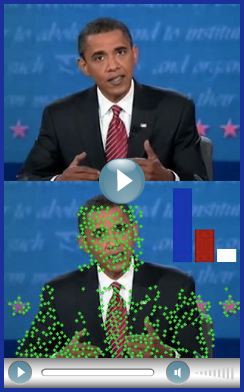
New York University’s GreenDot Project attempts to computerize the identification of individuals on the basis of unique, unconscious movements and gestures as exclusive to each person as their fingerprints.
The goal of the project is to train a computer to recognize a person based on his or her motions, and to identify the person’s emotional state, cultural background, and other attributes.
Continue reading →
October 9th, 2008 — Photography, Science
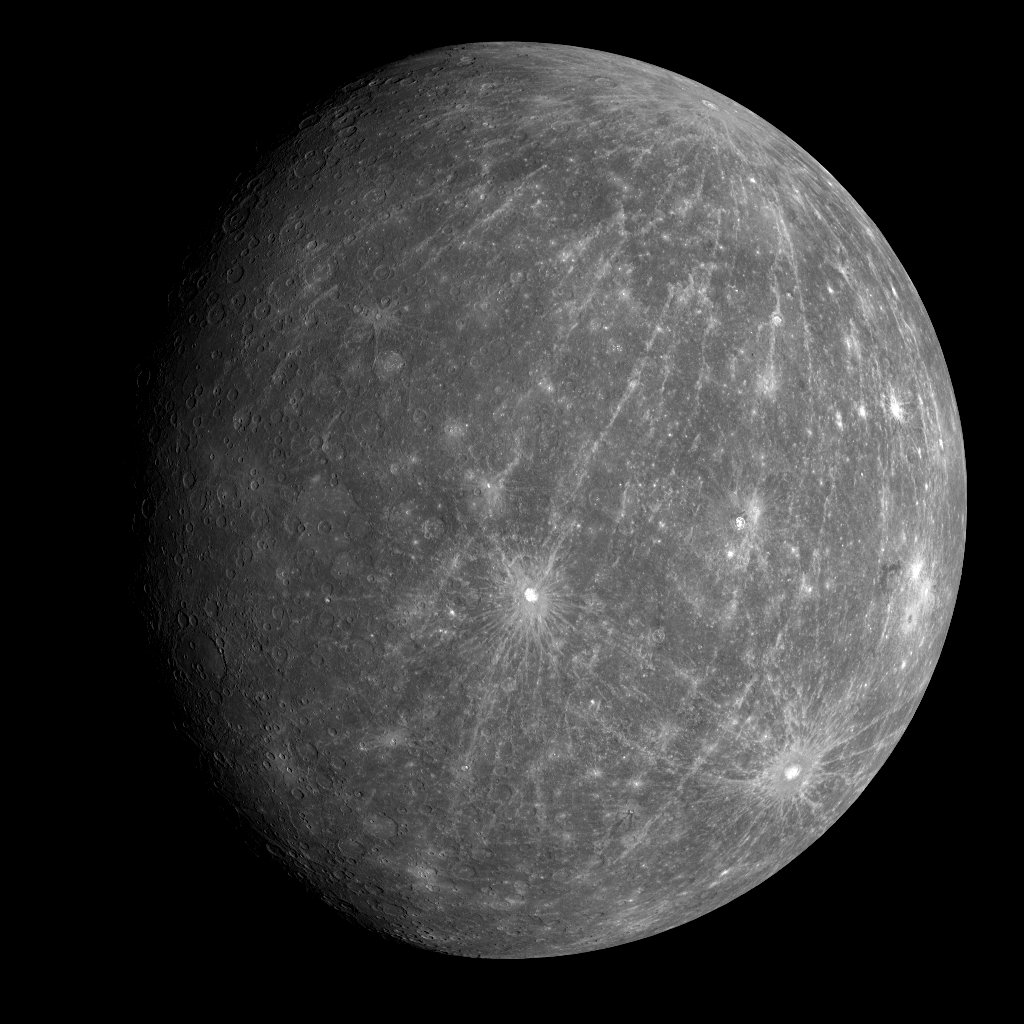
On Monday, the NASA spacecraft MESSENGER (MErcury Surface, Space ENvironment, GEochemistry, and Ranging) flew as close as 124 miles over the surface of the planet Mercury, delivering over 1,200 photographs, such as the one above, to the Johns Hopkins University Applied Physics Laboratory (JHU/APL), which is managing the project.
The main purpose of the flyby, said the agency,
Continue reading →
September 10th, 2008 — Photography, Science
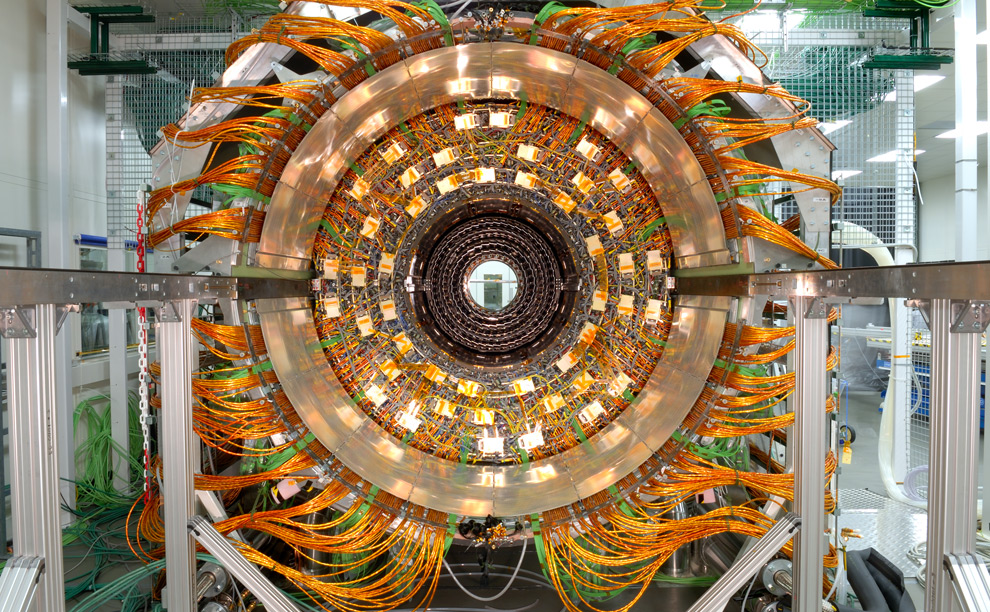
If you can see this, you’re probably a proton: Large Hadron Collider
Whether you believe that, today, the world ends, or, in a scientific sense, it begins, you’ll agree that it was because, on this day, the start button for the biggest machine ever made got pushed.
The Large Hadron Collider, or LHC, began operation today.
Continue reading →
August 18th, 2008 — Black Music, Controversy, Education, Pop Culture, Science
Look up “GAP Band” on Wikipedia, and you’ll see “Not to be confused with band gap,” beneath the headline.
“Band gap”?? I took the bait:
In solid state physics and related applied fields, the band gap, also called an energy gap or stop band, is a region where a particle or quasiparticle is forbidden from propagating. For insulators and semiconductors, the band gap generally refers to the energy difference between the top of the valence band and the bottom of the conduction band.
Or:
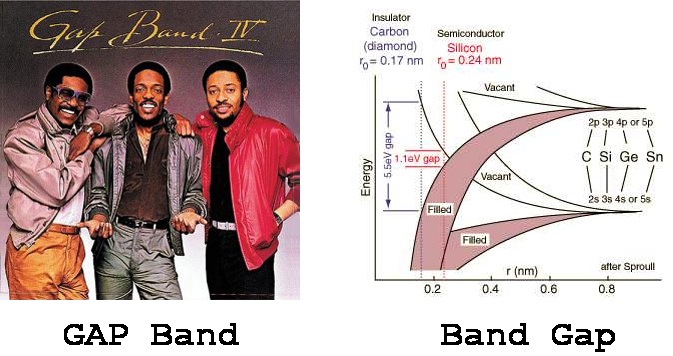
Thank you for your time!
May 21st, 2008 — Controversy, Culture, Science, Technology, Work
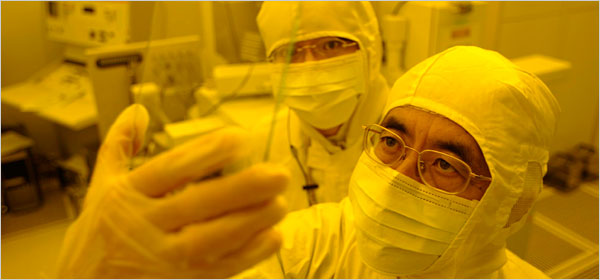
Last ones out the lab, turn off the lights: Japanese engineers
You know the way Americans always talk about Japan as the epitome of engineering? Apparently, that illustration is about to be permanently outdated.
According to The New York Times, “Japan is running out of engineers”: Fewer and fewer young people are entering the field.
Continue reading →
April 2nd, 2008 — Science, Sex
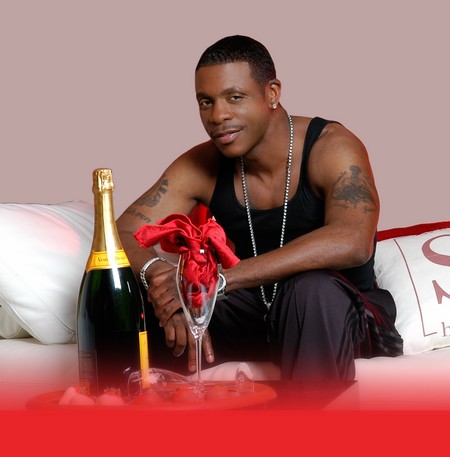
Keith Sweat: Ready when you are…for the next 13 minutes, max
R&B singers are gonna need new choruses: Adding scientific imprimatur to what sane women have long known, a recent Penn State survey of North American sex therapists concluded that, on average, good couple’s sex lasts 3 to 13 minutes.
Continue reading →
April 2nd, 2008 — Science

Footage of a bird, directly above the shuttle. As its homeboy to the left watches in horror, the first bird, like a bug on a windshield, flies into the massive vehicle during liftoff, then falls down its side and vanishes into the ship’s paltry, 2,500-degree exhaust flame.
Bon appetit!
March 26th, 2008 — Books, Culture, Mathematics, Science

Book agent John Brockman’s Edge site is like crack if you’re into reading some of the world’s smartest thinkers address compelling questions related to their own typically cutting-edge research, or larger issues about the role of science in human culture.
Reuben Hersh is one such Edge intellectual. He’s professor emeritus in the University of New Mexico’s department of mathematics and statistics and author of the 1999 book What Is Mathematics, Really?, right.
Hersh’s 1997 mind-blowing elaboration on numeracy, below, is proof perfect, not only of the maxim that the more one understands a subject, the more simple and elemental their questions become but, that those questions—the simplest ones—are always the hardest to answer.
Continue reading →
March 21st, 2008 — Culture, NONFICTION, Science
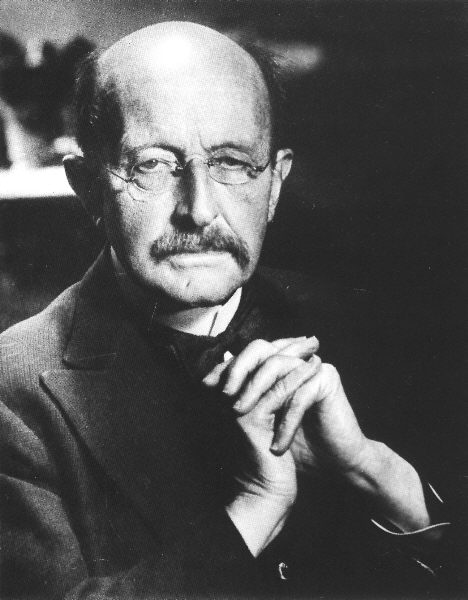
Today, Friday, March 21, 2pm, the guest on my WBAI-NY / 99.5 FM radio show, NONFICTION, will be Alan Lightman, author of the book, The Discoveries: Great Breakthroughs in 20th-century Science, Including the Original Papers.
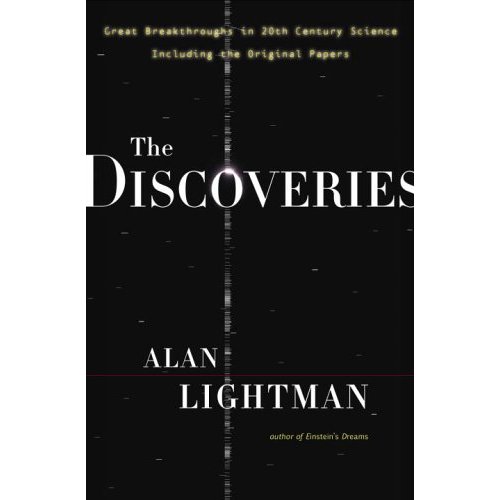 This November 2005 re-broadcast looks at how insight has influenced the discovery process in science, but, even more, why the last century’s greatest scientific discoveries, like those of Max Planck, above, formulator of quantum theory, are actually considered great.
This November 2005 re-broadcast looks at how insight has influenced the discovery process in science, but, even more, why the last century’s greatest scientific discoveries, like those of Max Planck, above, formulator of quantum theory, are actually considered great.
Memphis native Alan Lightman received a Ph.D. in theoretical physics from the California Institute of Technology. His novels include Einstein’s Dreams, Good Benito, The Diagnosis, and Reunion. He lives in Massachusetts, and is an adjunct professor of humanities at MIT.
If you’re outside of the New York tri-state, you can check NONFICTION via our stream on the web. If you miss the live show, check out our archive for up to two weeks after broadcast.
March 19th, 2008 — Environment, Science, Technology

I think it was on my 8th-grade class trip to the New York Hall of Science in Queens that I first learned our astronauts, in order to conserve precious water while in space, recycled their pee.
The fact was so startling then that I don’t think, mentally, I’ve ever made it to the next, obvious step: Reflexively grokking what pee, in one’s mouth, would actually taste like. The factoid just rests in my brain as an odd, disgusting byte, to be activated every now and then, like, for example, with the August 2007 news that trapped Chinese miners survived nearly a week by eating coal and drinking their own piss.
Now, two artists—the aptly-named Britta Riley and her partner Rebecca Bray—are investigating “the role our bodies play in larger ecosystems” through their drinkpeedrinkpeedrinkpee project. (Thanks for tipping us off, City Dirt and Eyebeam. Why these activists call their site “drink pee” x3 when it seems more about reprocessing urine, I don’t know.
Continue reading →











